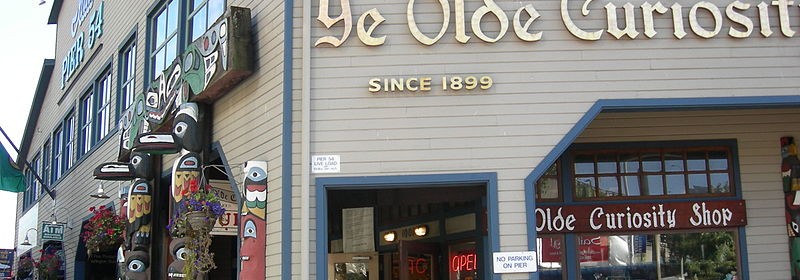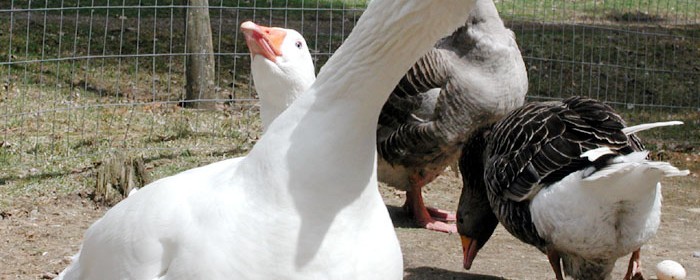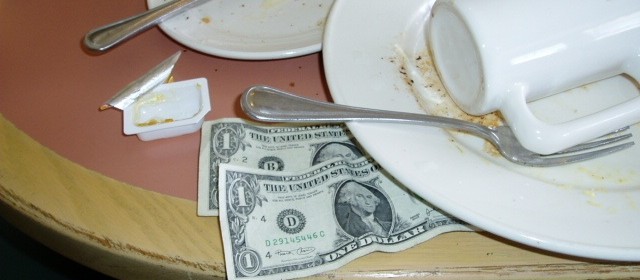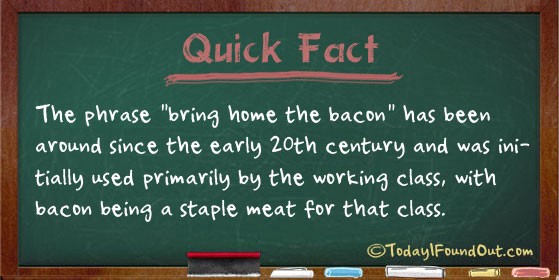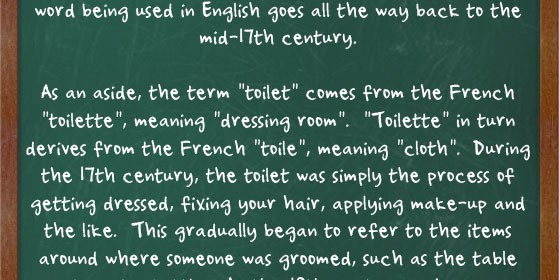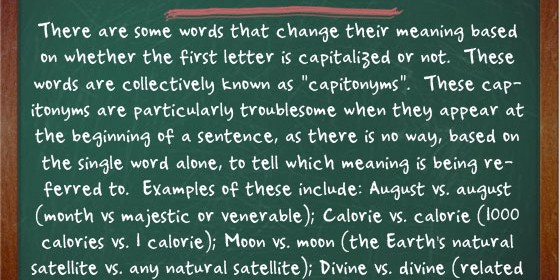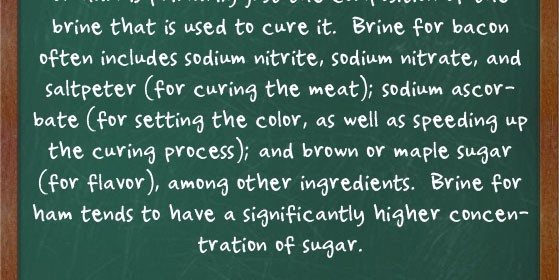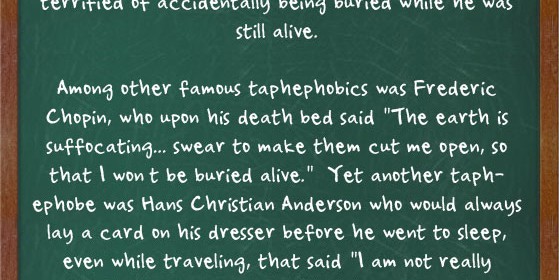Why Meeting Notes are Called “Minutes”

Jesse asks: Why are the notes taken at a meeting called the “minutes”? Was this because the note taker records the notes along with the time? Not quite. In fact, the “minutes” here have nothing to do with time, but rather “small”, as in “minute” (my-newt). “Minutes” in this sense first popped up in the early 18th century, possibly directly […]
Read more
